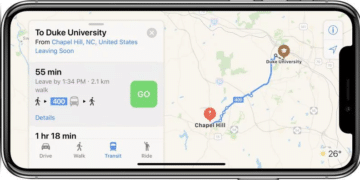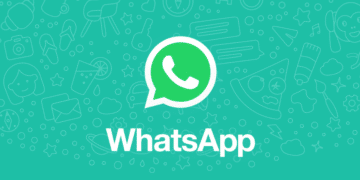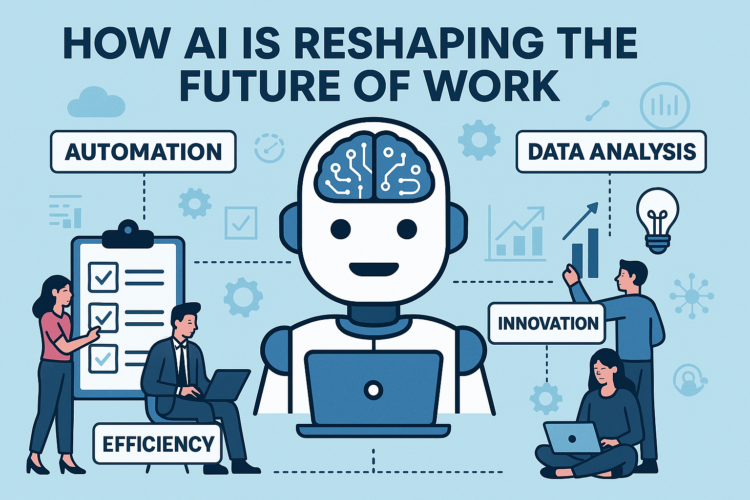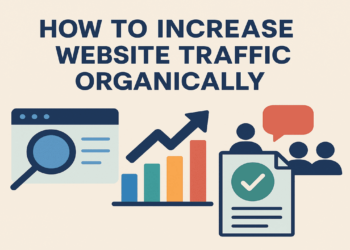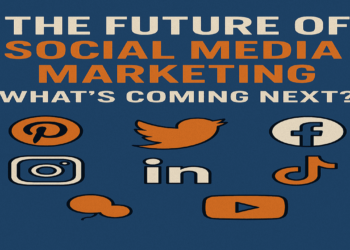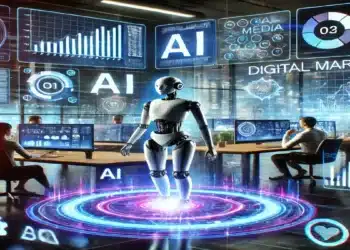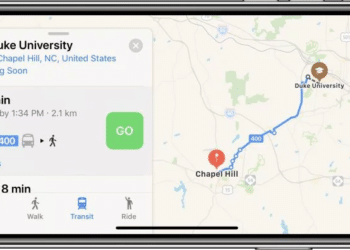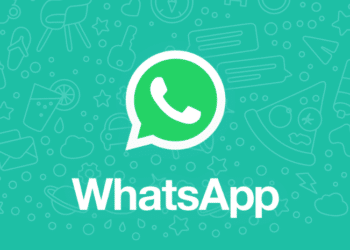Imagine waking up to find your email already sorted, your meetings scheduled, and your project suggestions drafted. All before you even finish your morning coffee. Sounds futuristic? Not anymore. This is the new reality AI is building.
Artificial Intelligence is no longer just a sci-fi buzzword. It’s here. And it’s transforming how we work, where we work, and even why we work. From startups to giant corporations, automation and AI are shaking up business processes, reshaping careers, and rewriting the rules of the job market.
So, let’s dive in. How exactly is AI reshaping the future of work? And more importantly, what does this mean for you?
Goodbye Repetition, Hello Automation
Let’s start with one of AI’s biggest game-changers: Automation.
For years, people have spent hours stuck doing repetitive tasks: data entry, inventory checks, invoice processing, appointment scheduling… You name it. But now, AI systems can handle all that. And do it faster, more accurately, and without getting bored or needing a coffee break.
Take Robotic Process Automation (RPA), for example it’s a game-changer for businesses aiming to streamline operations. RPA mimics human actions on a computer, automating repetitive workflows across multiple systems. Companies are leveraging it not just to reduce costs, but to improve efficiency and redirect human effort toward high-impact, strategic initiatives.
Rather than replacing employees, automation like RPA is relieving them of mundane tasks. This shift allows more time for what truly matters—innovation, empathy, and critical thinking. In the same way, when learning how to rank a business website on Google, the key isn’t to replace human creativity with automation, but to use tools and strategies that amplify it.
The Rise of the AI Workforce
Now, here’s where things get really interesting.
We’re not just talking about machines working for us. AI is starting to work with us. Almost like a new kind of colleague.
AI-powered tools are now writing content, analyzing complex data, predicting customer behavior, and even designing logos. Think ChatGPT, Midjourney, or Salesforce’s Einstein. These digital co-workers assist in real time, offering suggestions, identifying trends, and boosting productivity across industries.
In customer service, AI chatbots can handle thousands of queries simultaneously. In healthcare, AI scans can detect diseases faster than ever before. In finance, machine learning algorithms can detect fraud and suggest smarter investment strategies. It’s like having a team of super assistants that don’t sleep.
But here’s the catch: humans are still very much in the driver’s seat. AI might provide the tools, but it’s people who shape the strategy, make ethical decisions, and bring the emotional intelligence machines can’t replicate.
Shifting Job Market Trends
Alright, let’s talk about jobs. That’s probably what’s on most people’s minds.
AI isn’t just changing the ‘how’ of work. It’s changing the ‘what’. Entire job roles are evolving, and some are disappearing. But at the same time, new ones are being created at lightning speed.
For instance:
- Manual data entry roles are declining. But data analysts and AI trainers are in high demand.
- Traditional assembly line workers are being replaced by robotic technicians.
- There’s a rising need for AI ethicists, prompt engineers, and machine learning engineers. In essence, the roles that didn’t even exist a few years ago.
It’s a shift, not a death sentence for jobs. While some roles will vanish, the overall workplace will expand into areas that require more digital fluency, emotional intelligence, and adaptability.
The World Economic Forum even predicts that by 2025, AI and automation could create more jobs than they eliminate. The key lies in reskilling and upskilling.
Human Skills Are More Valuable Than Ever
Here’s something comforting: AI might be smart, but it can’t replace you. Not fully.
Yes, it can analyze data and mimic conversation. But can it inspire a team? Navigate office politics? Build trust with a client? Handle nuance? Nope.
That’s where soft skills come in. Creativity, leadership, communication, emotional intelligence. These are gold in the AI era. In fact, as machines take over technical tasks, human-centric skills become even more essential.
So if you’re worried I will steal your job, here’s a better question: What can you do that AI can’t?
Think beyond tasks. Think of connection, context, and creativity. That’s your superpower.
Remote Work and the Global AI Office
Another big shift: where we work.
AI has helped supercharge the remote work movement. From virtual assistants to AI-powered project management tools, it’s easier than ever to collaborate with teammates across continents.
This is creating a truly global workforce where companies can tap into talent pools from anywhere. And workers? They’re no longer tied to a city or even a country.
Imagine an AI-powered design firm with a creative director in Paris, a strategist in Cape Town, and a marketing wizard in Tokyo. It’s already happening. And AI makes it smooth.
Of course, this also means more competition. But it also means more opportunity. Especially for those willing to adapt and learn.
AI and Employee Experience
AI isn’t just about productivity. It’s also improving how employees experience work.
Smart systems now help HR departments personalize onboarding, offer mental health support, and even predict employee burnout. Tools like Microsoft Viva use AI to encourage work-life balance by suggesting break times or focusing hours.
Managers can use AI insights to support team wellbeing and reduce employee turnover. It’s a win-win: happier workers and better business outcomes.
In other words, AI isn’t just reshaping work tasks. It’s reshaping work culture too.
A Work Revolution — Not a Work Apocalypse
Here’s the bottom line: AI is not here to destroy jobs. It’s here to reshape them.
Yes, change can be uncomfortable. But this shift also holds incredible promise. Better work-life balance, more meaningful careers, and smarter, more inclusive workplaces.
We’re moving toward a world where humans and machines team up. Where your AI assistant handles the grind while you focus on strategy, relationships, and growth. Where work becomes more human, not less.
The key? Stay curious. Stay adaptable. And don’t fear the bots. Just learn to work with them.
Final Thoughts
How AI is reshaping the future of work isn’t just a tech trend. It’s a human story. One filled with challenges, yes, but also with hope, innovation, and endless possibility.
Whether you’re a student picking a career path, a mid-career professional rethinking your journey, or a business leader planning for the next decade. The message is clear:
AI is not the end of work. It’s the beginning of better work.




